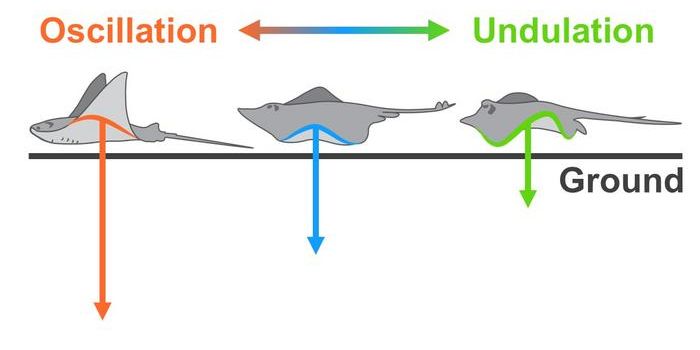Plant Growth Stunted by Shorter Winters, Study Finds
As climate change rears its ugly head, Winters are getting shorter and the Spring season is kicking off earlier in the year. Plants are responding to these seasonal cycle changes by sprouting earlier in the year to align themselves with the optimal growing period.
Given the role plants play in removing excess carbon from the atmosphere, environmentalists have long thought that this would be a good thing. After all, it seemed like providing plants with an early head start would give them the edge they need to remove larger quantities of carbon from the atmosphere each year.
Image Credit: Pixabay
But does that theory hold any water? Citing a study published this week in the journal Nature, perhaps not.
When plants first sprout, they tap into the soil’s limited food and water supply to grow larger. There’s only so much to go around, and so when plants begin sprouting earlier, they have less to survive on later in the year. As it would seem, this stunts plant growth, preventing them from being as effective as they could be at handling atmospheric carbon.
“Because of climate warming, plants grow earlier and more in spring, but they cannot sustain this until summer and autumn,” explained study lead author Wolfgang Buermann from the University of Augsburg in Germany.
Related: Learn more about the benefits of vertical farming
“That means over the entire year, the effect of warm springs on photosynthesis is small. Plants need water to grow. If plants start growing earlier, they take up water earlier from the soils, and then the water is missing in the drier summer season to sustain the growth.”
The researchers happened across their findings after analyzing vegetation cover depicted in satellite photographs and comparing it with climate and geography records. It was then that they discerned inarguable plant loss in the mid-to-late Summer that endured through the Autumn months.
The alarming findings have implications for existing climate change models because they indicate that plants can’t manage the world’s atmospheric carbon footprint as efficiently as once thought. That said, climate change-induced catastrophes could potentially transpire much sooner than current models predict.
“This changes climate forecasts for the worse,” added study co-author Matthias Forkel from Technische Universität Wien in Austria. “We have to assume that the consequences of global warming will be even more dramatic than previously calculated.”
Related: Tree growth acceleration is more noticeable in urban areas
It’s evident that plants alone don’t have what it takes to clean up our atmosphere, and that humankind will be compelled make some tough changes if we’re to sustain the habitability of our planet.
Source: Science Daily









